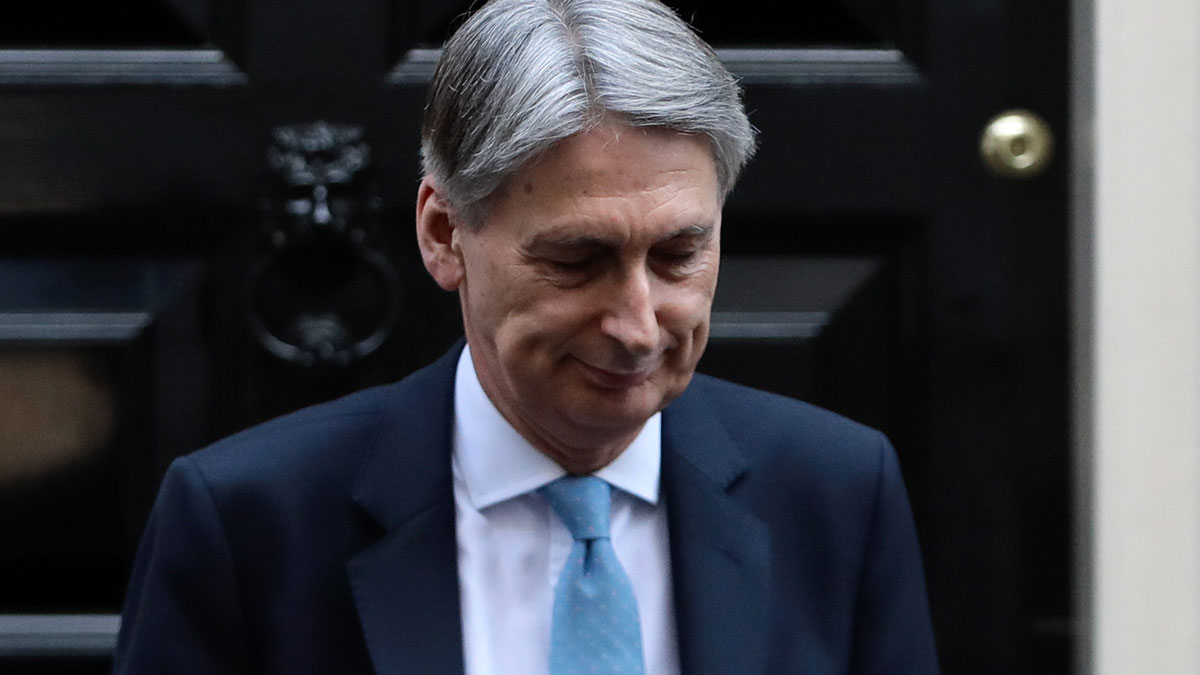
The controversy over last week’s budget culminated in Wednesday’s decision by Chancellor Philip Hammond “not to proceed” with a planned hike in national insurance contributions (NICs) for the self-employed. The U-turn was unsurprising, says Andrew Rawnsley in The Guardian. “The proposed increase to the NICs paid by some of the self-employed brought together a potent combination of opposition from the press and the Tory backbenches.”
The NICs changes were “easily defended on their merits”, argues Matthew Parris in The Times. Even breaking an election manifesto promise not to raise NI was forgivable given the “unforeseen” need to “build up a war chest against the risks of Brexit”. But Hammond’s insistence that the promise hadn’t been broken left him “looking slippery and on the run”. It’s just another example of how the government is refusing to acknowledge that “Brexit carries threats as well as promises”.
The climbdown has a number of implications for the UK’s talks with the European Union over the next 18 months, argues James Blitz in the Financial Times. As “chief among the Brexit realists in the cabinet”, Hammond has pushed “for Britain to retain the fullest access to the single market and the least friction in customs arrangements”. The NICs debacle means “his relationship with Theresa May is likely to be strained and his clout with MPs reduced”. May’s decision to disown the hike will also “deepen perceptions that the Treasury is being sidelined in this government”.